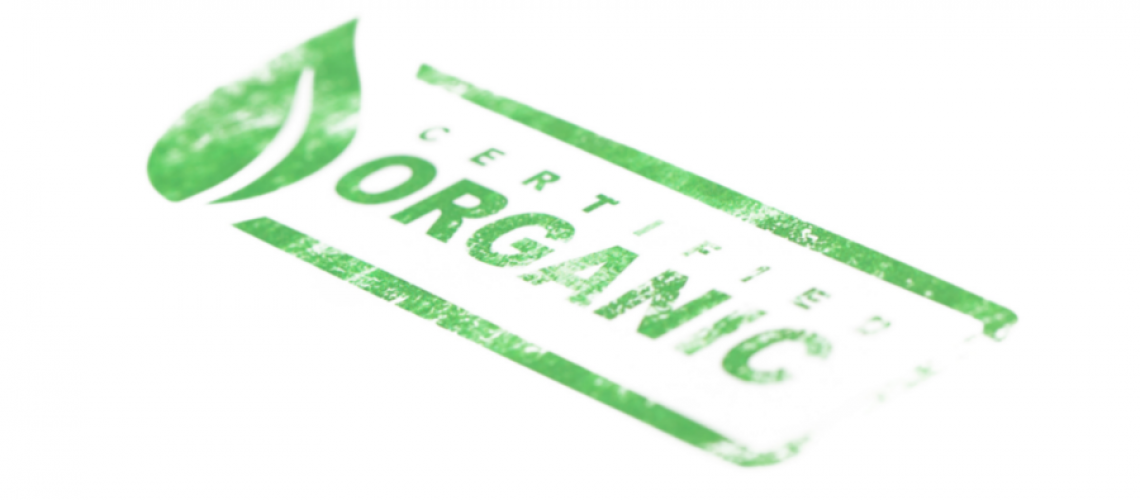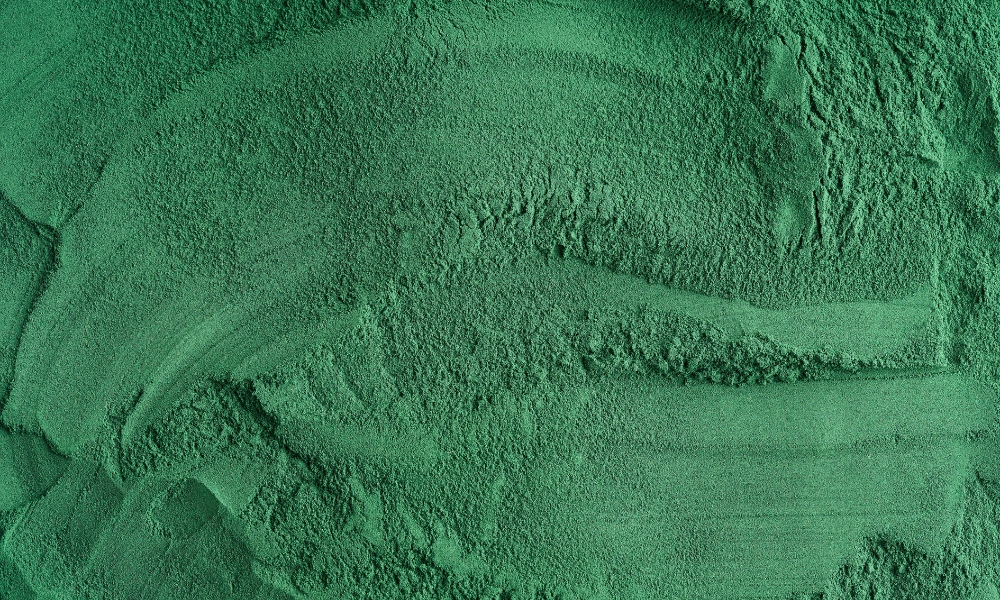Made with under the sun daily.
Made with under the sun daily.

Many misconceptions, mistaken beliefs, and wrong ideas about certified organic Spirulina exist. This short article aims to clarify these misunderstandings.
“Certified Organic” is not a certification that can be obtained in Australia. In other words, Spirulina, the product, cannot get a certified organic certification in the country. It is the law. Here is the explanation of why,
Certified organic produce: Primary production can only be organically certified if it is grown in soil. Since Spirulina is grown suspended in water, it cannot receive certified organic certification. That is the law in Australia (and so is it in the U.S. and other Western countries).
Yes, it is possible to ask a private company to pay $xxxx.xx dollars and have them certify as organic. However, the cultivation method and fertiliser used will remain the same.
In plain terms, the claim of certified organic Spirulina is not accurate, even if it originates from overseas. Spirulina is always growing suspended in water.
We have been asked this question frequently over time. A common question asked during telephone conversations and emails is: How is it possible that I (the person on the other end of the line) see the Australian Certified Organic (ACO) seal on overseas-imported Spirulina? How can other companies claim, then, that their Spirulina, Spirulina imported from places like China, for example, is certified organic and features the ACO seal?
The answer to that question is quite simple. In other countries, the law allows obtaining a certified organic certification for non-planted soil produce. Although not confirmed by a conversation with ACO personnel, we are aware that the ACO accepts certifications from other organisations as valid. The ACO then provides, for a fee, an ACO certification and seal. The seal is then placed on the packaging, and the product is labelled as certified organic (100% legal and not subject to questioning).
In other words, certified organic organisations recognise and re-certify each other’s products. What is Certified Organic in an overseas country will get the Certified Organic stamp in Australia, even if it doesn’t meet the criteria in Australia.
While we cannot get the ACO seal, we can claim to be under the Australian Certified Organic Standards more than anyone else.
Fresh Spirulina, the farm stands on certified organic farmland in Australia. Its water source and soil are regularly tested by ACO personnel to ensure compliance with standards. The greenhouses in which Spirulina is cultivated are also certified organic, and the fertilisers we use are certified organic and food-grade.
The Spirulina is grown and is tested to the Australian Certified Organic standards level. However, it cannot receive the certification because it is cultivated, suspended in water and not planted in soil. Any other claims are inaccurate.
Other companies rely on that loophole in other countries and their laws. We accept that it could be manipulated and is legal, but the final product is the same.
We get to describe that our farm is physically built on Certified Organic land and is subject to all relevant Australian Certified Organic rules and regulations, including the ‘Australia New Zealand Food Standard Code’, local codes, standards, and local quality assurance. This is a lot in comparison to what is found elsewhere in the world.
Our organically grown yet not certified organically fresh spirulina powder can be viewed here.

Founded in Southeast QLD and located on Certified Organic farmland, we are an Australian-made Fresh Spirulina commercial farm. We are subject to the Australia New Zealand Food Standards Code and produce fresh Spirulina using food-grade nutrients only, pay attention to the freshness and health of our spirulina.
You can visit us at our social media pages at facebook.com & instagram.com


Would you like to be notified when we start?



Thanks! You're on the list.
It's safe to close this popup now.